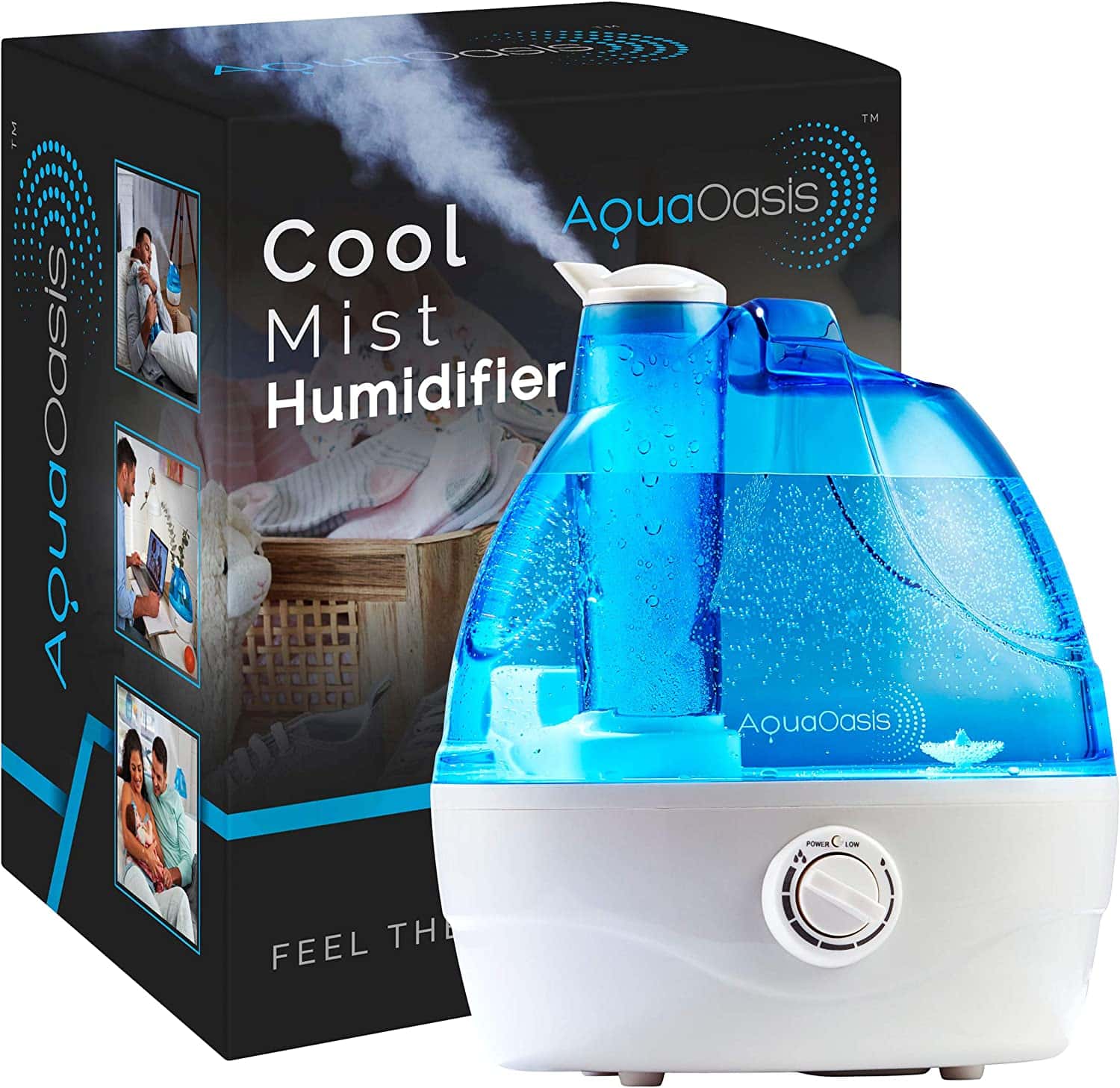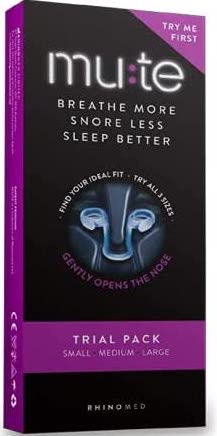Many common pregnancy symptoms are well-known. For instance, pregnant women may be disappointed when they have first-trimester morning sickness, but it surprises very few when it happens. Pregnancy is full of uncomfortable and frustrating yet understandable symptoms like pelvic pain and pressure, nausea, stretch marks, and fatigue.
But being pregnant can also cause symptoms that seem completely unrelated to pregnancy. Symptoms like skin discoloration, cravings for non-food items, and nosebleeds do not make as much obvious or logical sense, but they are also all related to pregnancy. One of these weird pregnancy symptoms is nasal congestion, which is common, despite many women being surprised when they experience it.
Besides being uncomfortable and potentially impacting your sleep, severe and prolonged congestion during pregnancy risks decreasing the oxygen supply to the fetus. Here we will examine why pregnancy congestion happens, how common it is, and some natural remedies you can try to relieve it.1
What Causes Congestion During Pregnancy?
Pregnancy congestion, sometimes called gestational or pregnancy rhinitis, can be caused by many factors of pregnancy. Some causes and influences on whether you might experience congestion during pregnancy include:
Fluid and Blood Volume
During pregnancy, the amount of blood circulating in your body increases to supply the fetus and placenta with the necessary nutrients. This increased blood volume reaches the mucus membranes of your respiratory tract and nasal passages, which can cause congestion.2
Hormones
Higher circulating estrogen and growth hormone levels are suspected of contributing to nasal stuffiness during pregnancy.3
Body Mass Index
One study found that increased body mass index significantly impacted whether a mom will experience congestion during pregnancy.1
Parity
First-time moms are less likely to experience pregnancy congestion than second-time moms (or third-plus!)1
How Common is Congestion During Pregnancy?
In one study, 65 percent of women reported nasal stuffiness at some point during pregnancy. Nasal congestion appears to be increasingly common as a pregnancy progresses. In the same study, 42 percent of women reported nasal stuffiness by 36 weeks of pregnancy, up from 27 percent at 12 weeks.4
Remedies for Congestion During Pregnancy
There are several natural ways you can try to help resolve congestion during your pregnancy.
Nasal Irrigation

Buy Neti Pot
Buy Nasal Mist
Rinsing your nasal passages with salt water using either a neti pot or a prepackaged aerosolized nasal mist can help decrease pregnancy congestion. These rinses work by rinsing mucus and debris from the sinuses. The salt in these solutions also draws excess fluid out of the mucus membranes in the nose, therefore decreasing swelling and congestion.5
If you make a saltwater solution, use distilled water or boiled and cooled tap water. Otherwise, you risk introducing new germs from unpurified water into your sinuses.
Use a Humidifier

Buy Here
A humidifier increases the moisture in the air, which can help to loosen mucus and make it easier to expel, thereby decreasing congestion and allowing you to breathe more comfortably.6
Try Essential Oils

Buy Peppermint EO
Buy Fractionated Coconut Oil
Buy Eucalyptus EO
Some essential oils, such as peppermint and eucalyptus, have reportedly relieved nasal congestion when either diffused or applied topically. However, the safety of these remedies during pregnancy is up for debate. Talk to your provider before diffusing or using them on your body. If you apply them topically, dilute them with a carrier oil, as they are very potent in their undiluted state.7,8
Get Some Exercise

Naturally released during cardiovascular exercise, adrenaline causes dilation or widening of the nasal passages and airways to allow for more airflow. If you are experiencing uncomfortable nasal stuffiness, getting your heart rate up for a few minutes may help it to clear.9
Elevate the Head of Your Bed When Sleeping

Congestion may worsen at night, making it difficult to fall or stay asleep and contributing to pregnancy insomnia. Elevating the head of your bed by 30 to 45 degrees (or sleeping on extra pillows) can decrease blood flow and inflammation in your nasal passages when you lie down. This can help to reduce nasal stuffiness during rest and sleep.1
Use a Nasal Dilation Device

Buy Here
One study showed that a plastic device applied to the outside of the nose could aid in opening nasal passages and increasing airflow by 18 percent. These devices also demonstrated decreased obstructed breathing or congestion and increased blood oxygen saturation. While this study was not exclusive to pregnancy, the mechanism of congestion is the same, and there is no risk in trying these devices.10
If you can’t get relief from these remedies, some decongestant medications may be safe during pregnancy and can relieve symptoms in the short term. However, many of these run the risk of dependency, so you should not use them very often or for long periods. Intranasal, topical, or oral steroids can also aid in pregnancy congestion but check with your provider whether these are safe during pregnancy. Some are only safe in certain trimesters and only if you have no other conditions, such as high blood pressure.
The good news is that pregnancy congestion typically resolves within two weeks of delivery. If it gets too unbearable or affects your sleep, reach out to your provider. They can help to rule out other causes of congestion, such as illness or obstruction. But also rest assured that like myriad other pregnancy symptoms, congestion during pregnancy is normal and temporary.11
Resources
1. https://www.ncbi.nlm.nih.gov/pmc/articles/PMC5017109/
2. https://www.chop.edu/
3. https://utswmed.org/medblog/747h
4. https://onlinelibrary.wiley.com/doi/abs/10.1097/00005537-199907000-00018
5. https://www.med.umich.edu/1libr/OTO.pdf
6. https://medlineplus.gov/ency/article/002104.htm
7. https://www.mountsinai.org/
8. https://pubmed.ncbi.nlm.nih.gov/12662469/
9. https://my.clevelandclinic.org/health/articles/22611
10. https://jamanetwork.com/journals/article-abstract/620484
11. https://pubmed.ncbi.nlm.nih.gov/15326554/
This article contains affiliate links. These opinions are our own. However, if you buy something, we may earn a small commission, which helps us keep our content free to our readers. Check out our Chick Picks Shop to see more of our recommended products. It’s our carefully curated shop of products we love and recommend! ❤️

 PARENTING TIPS
PARENTING TIPS PREGNANCY
PREGNANCY BABY CARE
BABY CARE TODDLERS
TODDLERS TEENS
TEENS HEALTH CARE
HEALTH CARE ACTIVITIES & CRAFTS
ACTIVITIES & CRAFTS


